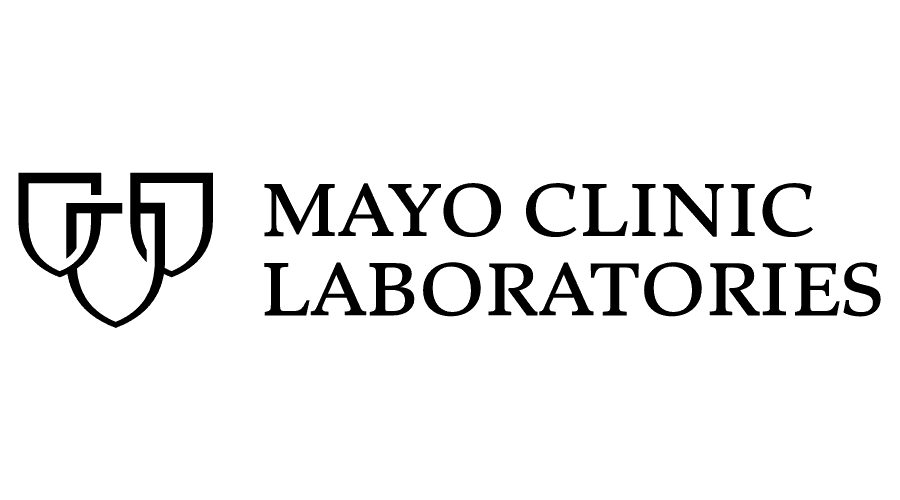This podcast episode features a discussion about UGT1A1 testing with Dr. John Black, hosted by Dr. Bobbi Prent and April Craig. Dr. Black, with extensive experience in psychiatric pharmacogenomics, explains the role of the UGT1A1 gene in drug metabolism, particularly for irinotecan in cancer treatment. He describes the different testing methods offered by Mayo Clinic Laboratories, including targeted genotyping and full gene sequencing. Dr. Black elaborates on the clinical indications for UGT1A1 testing, its impact on irinotecan dosing, and considerations for clinicians when interpreting test results. The discussion also covers other factors and related genes that should be considered in cancer therapy, as well as additional pharmacogenomic indications for UGT1A1 testing.
Key Points:
- UGT1A1 testing directly influences irinotecan dosing decisions. Poor metabolizers (homozygous/compound heterozygous for TA7, TA8, or *6 alleles) face increased risk of severe neutropenia, requiring dose adjustments.
- Two testing methods are available: targeted genotyping (U1A1Q) for common variants and full gene sequencing (UGTFZ) for comprehensive analysis, including rare alleles associated with hereditary conditions.
- The UGT1A1 enzyme affects multiple medications beyond irinotecan, including atazanavir, belinostat, neratinib, pazopanib, and sacituzumab conjugate, with poor metabolizers at higher risk for side effects.
- Genetic variations in the promoter region (TA repeats) impact enzyme function: TA6 (normal/*1), TA7 (reduced/*28), TA8 (reduced/*37), and TA5 (normal/*36).
- Full gene sequencing is recommended for patients with history of elevated bilirubin, while targeted genotyping suffices for those with normal bilirubin levels pre-cancer treatment.

Gilbert’s syndrome (GS) is a hereditary pathology that affects approximately 10% of the world’s population. In most cases, GS is associated with the UGT1A1∗28 polymorphism of UGT1A1 gene coding the enzyme bilirubin uridine diphosphate glucuronosyltransferase (UGT-1A). (Journal of Clinical and Experimental Hepatology)
More in Medical Genetics
 PATIENT EDUCATION
PATIENT EDUCATION  OBESITY/WEIGHT MANAGEMENT
OBESITY/WEIGHT MANAGEMENT  EXERCISE/TRAINING
EXERCISE/TRAINING  LEGAL MATTERS
LEGAL MATTERS  GUIDELINES/RECOMMENDATIONS
GUIDELINES/RECOMMENDATIONS 
